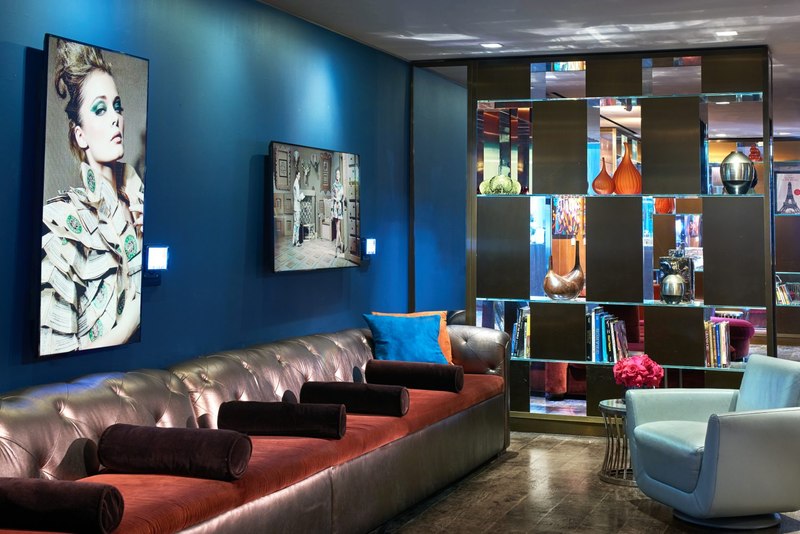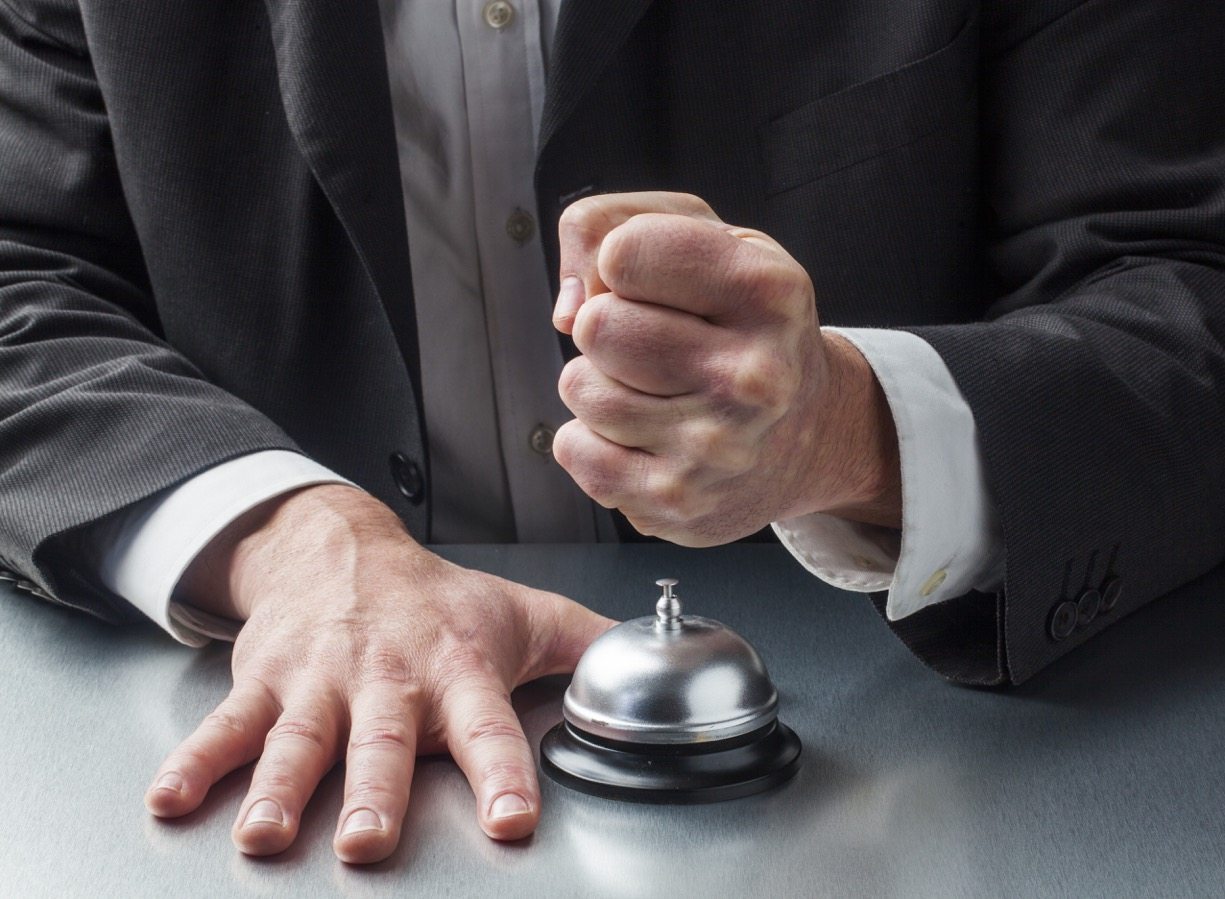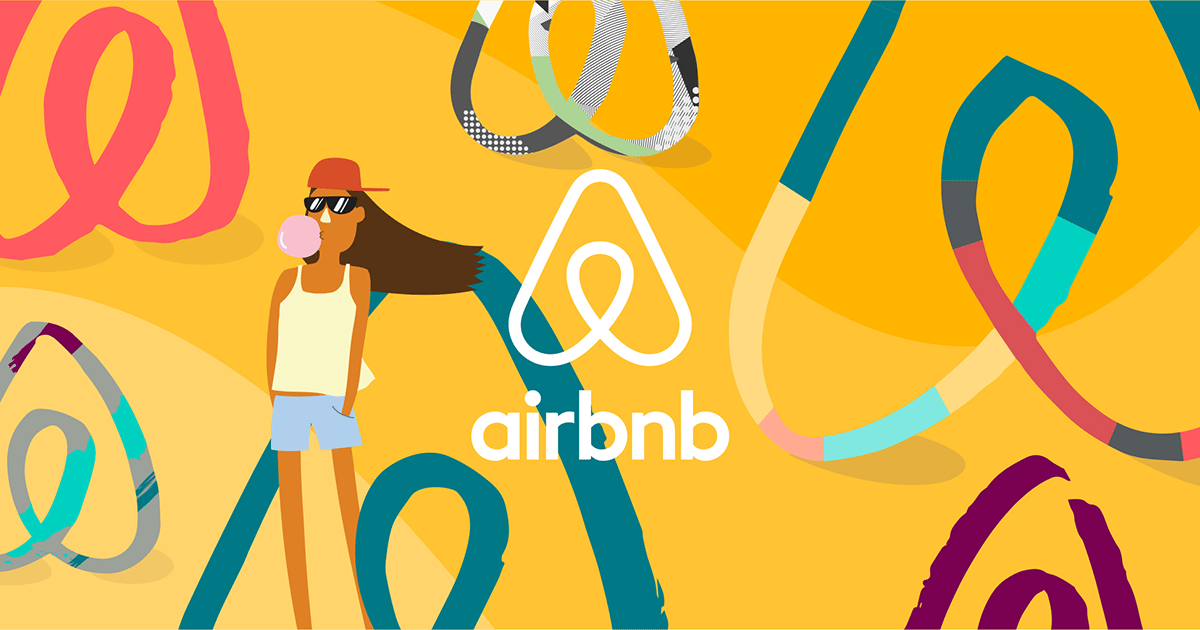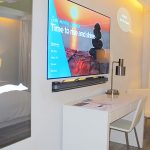
7 Tech Tips to Improve Your Hotel’s Guests Experience
With a seemingly endless and ever-changing array of technology available for hotels, how do you know what is worth your time and money? Fortunately, the wealth of options means that you can find the perfect fit for your hotel’s needs. After extensive research, here are a few of our top picks to help you connect with your guests before, during, and after their stays – and most importantly, keep them coming back.
Before the Stay
Get Social: It’s imperative for hotels to have a social media presence, especially on Facebook and Instagram. Potential guests will not only visit your website, but will also check out your social media platforms. Make sure that you have a cohesive look and feel, and all of the posts reflect the brand and voice of your hotel. Also, keep the content fresh by posting 3-4 times per week.
Go Mobile: More than 25% of all hotel bookings are made on smartphones and tablets, so if you don’t already have an app for your hotel, now is the time to get one. Not only is it an effective way to communicate with current and potential guests, it can be utilized to increase sales through sharing special promotions and hotel happenings.
During the Stay
Automate: Even a small hotel with a small staff can provide a great experience, especially if you use the latest technology to take some of the pressure off your team. Keypr is a system that automates many back-of-house and front-of-house jobs, freeing up your staff to focus on direct interaction with guests. The program can handle mobile check-in and provide keyless entry through its app, plus alert guests to promotions and provide on-demand services. It also provides management software to analyze what your guests want and need, and how to best anticipate any demands in advance.
Consider Robots: The Relay robot has been around for a few years, and more hotels are taking advantage of this technology. Designed by Savioke, the robot can deliver items to guest rooms, freeing up hotel staff to focus on other needs. Tessa Lau, chief technology officer at Savioke, has said that hotels also use the service as an upselling opportunity: One Residence Inn with a robot charges $2 per coffee delivery—a small price for a guest to pay for a unique experience, and an easy upsell for you. (If nothing else, think of the bragging rights—your guests will tell everyone they know about the hotel that delivered extra towels via robot!)
Take Art Interactive: Want to create a sense of place with cool, local art but don’t have the time or resources to make it happen? Problem solved: Daylighted, a San Francisco-based fine art consultancy, displays artwork from more than 1,000 artists on digital screens, allowing hotels to promote local artists and create an exclusive atmosphere. Art can be changed at anytime to tie into seasons, trends, party themes, and interior design, instantaneously adapting the ambiance. Even better, guests can use nearby tablets to learn more about the artists and purchase artwork for their own homes. Since the artwork can be changed daily (if not more often), regular guests will always have something new to see.
Turn Locals into Your Concierge: A small boutique hotel may not have the budget for a full-time concierge, but there are plenty of locals around who can offer tips and advice for your guests. Hello Scout is a virtual concierge service that connects guests with local residents via text message for advice on restaurants, shopping, top attractions, and anything else a guest would want to know about. After all, who knows more about a neighborhood than the people who live there?
After The Stay
Reach Out: Don’t forget to include functionality that reaches out to guests after their stay and keeps the conversation going. Your PMS or app can send emails to ask for feedback on the stay and alert guests of upcoming deals and events that will encourage them to book again. Pop-up or text messages on guests’ phone can keep them engaged, and can keep your hotel front-of-mind for their next trip.
Most importantly, figure out what technology is right for your hotel, and start taking advantage of it now. Your competitors most certainly are!







